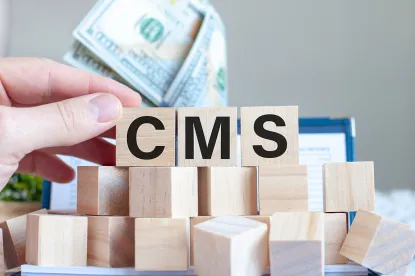On Monday, we discussed that the Centers for Medicare and Medicaid (“CMS”) has heightened oversight of Medicare Advantage (“MA”) organizations’ and Part D sponsors’ marketing practices. We also noted that the United States Senate Committee on Finance (the “Committee”) sent letters to 15 state insurance commissioners and state health insurance assistance programs, requesting data and information on MA marketing complaints in August 2022. Yesterday, the Committee, chaired by Ron Wyden, released a report entitled Deceptive Marketing Practices Flourish in Medicare Advantage (“the Report”).
The Report found that there was an increase in complaints about mail advertisements, television advertisements, telemarketers, and robo-calls. States also reported marketing of plans to beneficiaries with dementia, beneficiaries being enrolled in a new plan without their consent, and examples of beneficiaries being switched to plans that did not cover their providers, all of which led to substantial disenrollment.
Hours after the Report was released, the New York Times reported on the magnitude of the complaints within the Report, noting that companies selling Medicare plans to older adults have posed as the Internal Revenue Service and other government agencies.
The Committee has urged CMS and Congress to take the following actions:
-
Reinstate MA plan requirements loosened during the Trump Administration such as:
-
Conduct regular proactive oversight over a broad range of marketing materials to ensure that MA plans and their subcontractors are not purposefully misleading beneficiaries.
-
Prohibit educational events and marketing events from happening on the same day at the same place.
-
Require marketing materials to describe the grievance and appeals process.
-
Require plans to report unlicensed agents to the State and notify beneficiaries who were enrolled in a plan by an unlicensed agent.
-
-
Monitor MA disenrollment patterns and use enforcement authority to hold bad actors accountable.
-
Require agents and brokers to adhere to best practices.
-
Implement robust rules around MA marketing materials and close regulatory loopholes that allow cold-calling.
-
Support unbiased sources of information for beneficiaries, including State Health Insurance Assistance Programs and the Senior Medicare Patrol.
When CMS finalized its new regulations on third party marketing organizations, it indicated the possibility of issuing even more regulations and guidance to address abusive marketing practices. The Report likely means that CMS is one step closer to issuing additional requirements for Medicare Advantage organizations, Part D sponsors and third party marketing organizations.
Sheela Ranganathan also contributed to this article.



 />i
/>i

